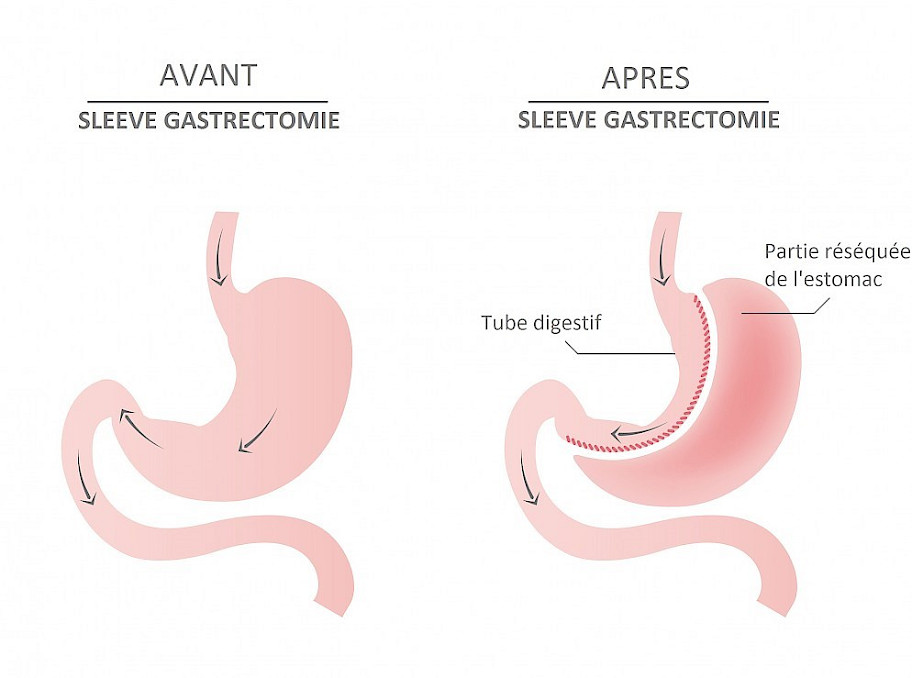- The team of specialists decides on the basis of medical, nutritional and behavioural criteria whether surgical treatment is required.
- Before the operation, the dietary follow-up prepares the patient in order to avoid certain problems related to the post-operative overeating. This pre-operative management also aims to prevent weightgain after bariatric surgery.
- During the short hospital stay, the dieticians ensure that the eating process runs smoothly and check with the patient that the instructions for the return home are understood.
- After the operation, the patient will receive regular nutritional advice to avoid complications that may arise in the aftermath of the surgery and to prevent weight regain.
- The dietetic team participates in the evaluation of metabolic measures by measuring body composition.
This fatigue is quite normal following an operation involving significant weight loss. You will need to stop working for about a month.
During this period of convalescence, you will learn to rediscover a new life. You will change your eating habits completely. You will resume your daily tasks but you will need more rest. A supportive environment will help you to develop good habits and maintain your efforts.



